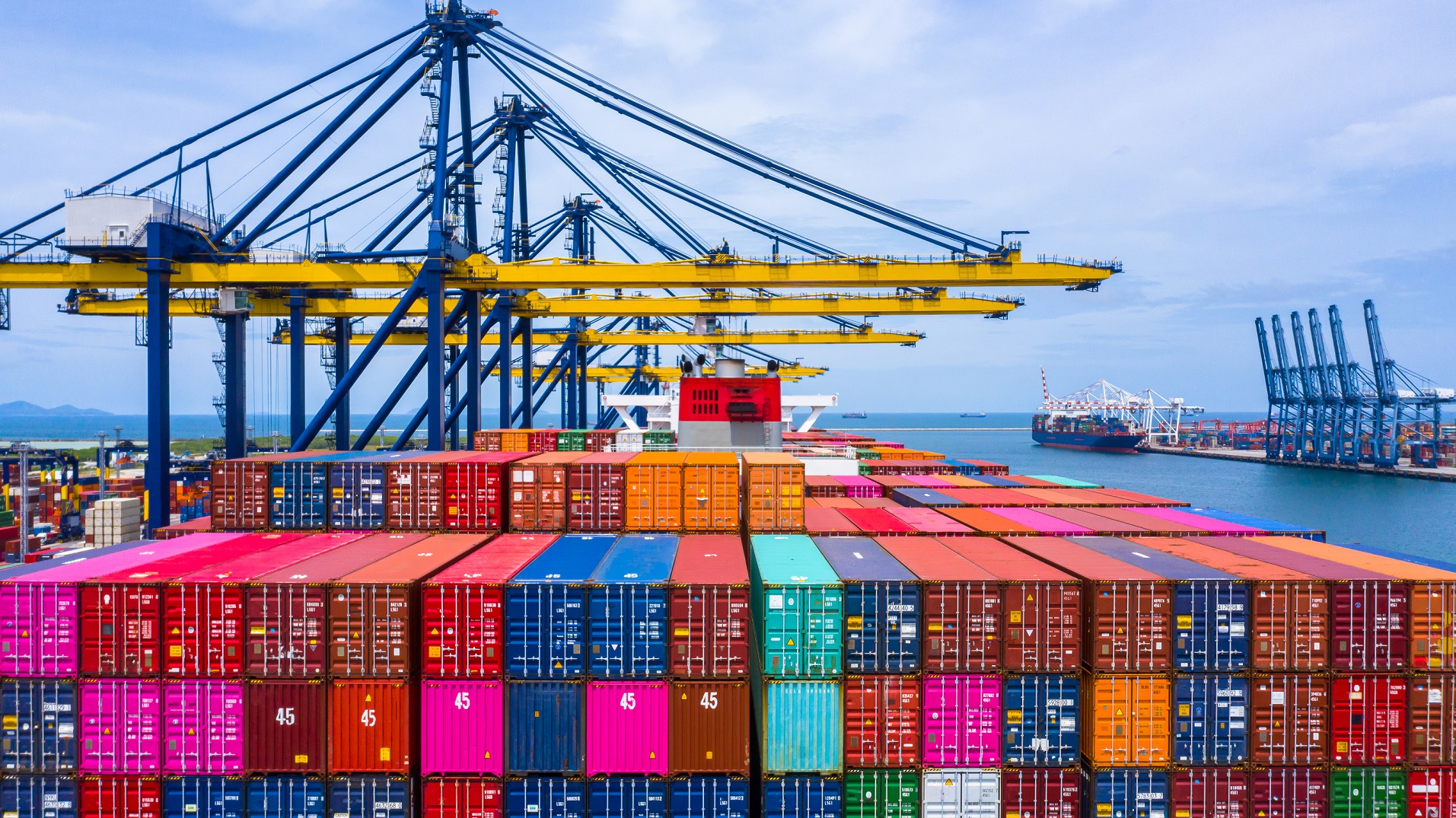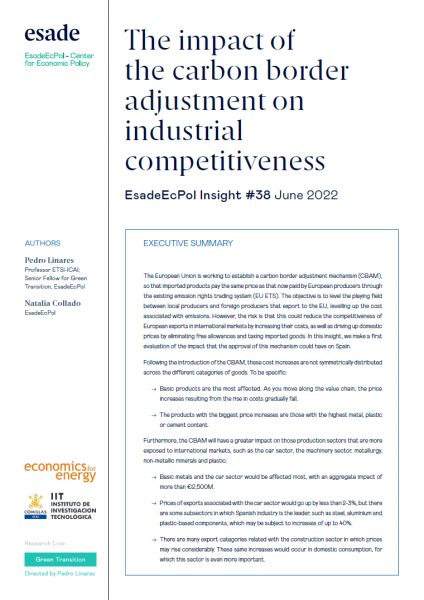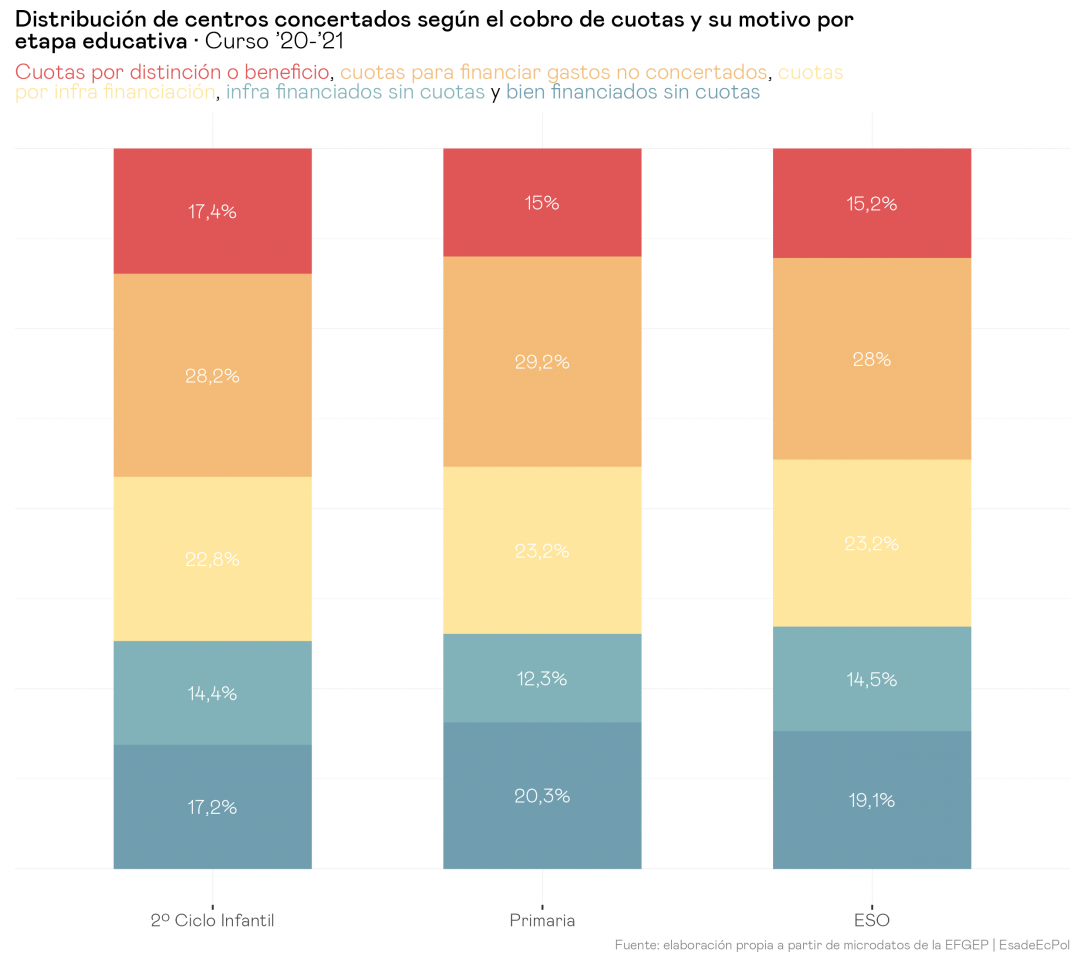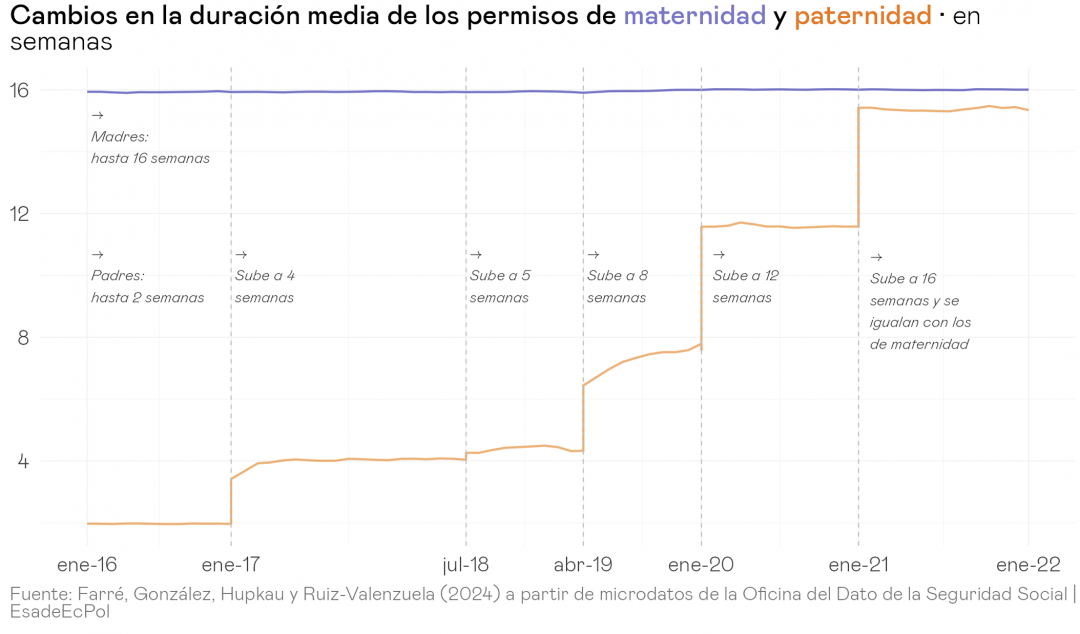
The impact of the carbon border adjustment on industrial competitiveness
Pedro Linares Llamas, Natalia Collado Van-Baumberghen
15 Jun, 2022
The European Union is working to establish a carbon border adjustment mechanism (CBAM), so that imported products pay the same price as that now paid by European producers through the existing emission rights trading system (EU ETS). The objective is to level the playing field between local producers and foreign producers that export to the EU, levelling up the cost associated with emissions. However, the risk is that this could reduce the competitiveness of European exports in international markets by increasing their costs, as well as driving up domestic prices by eliminating free allowances and taxing imported goods. In this insight, we make a first evaluation of the impact that the approval of this mechanism could have on Spain.
Following the introduction of the CBAM, these cost increases are not symmetrically distributed across the different categories of goods. To be specific:
→ Basic products are the most affected. As you move along the value chain, the price increases resulting from the rise in costs gradually fall.
→ The products with the biggest price increases are those with the highest metal, plastic or cement content.
Furthermore, the CBAM will have a greater impact on those production sectors that are more exposed to international markets, such as the car sector, the machinery sector, metallurgy, non-metallic minerals and plastic:
→ Basic metals and the car sector would be affected most, with an aggregate impact of more than €2,500M.
→ Prices of exports associated with the car sector would go up by less than 2-3%, but there are some subsectors in which Spanish industry is the leader, such as steel, aluminium and plastic-based components, which may be subject to increases of up to 40%.
→ There are many export categories related with the construction sector in which prices may rise considerably. These same increases would occur in domestic consumption, for which this sector is even more important.
Bearing in mind that the European CBAM proposal only applies to basic materials, imported vehicles or components would automatically be more competitive than those produced in Spain. Moreover, this proposal does not exempt exports from paying a carbon price, which would also lead to a loss of competitiveness in the global market.
Thus, it would appear to be essential to make a careful analysis of the implications of these price increases in the sectors affected, with a view to either drawing up national measures to offset these negative effects, or to considering a reform of the current proposal; such a reform would involve levying a tax on all products imported, not only basic materials, in addition to exempting exports from paying the carbon price.


Professor at Universidad Pontificia Comillas

Research Economist en EsadeEcPol. Máster en Economía Industrial y Mercados regulados por la Universidad Carlos III de Madrid
View profile

